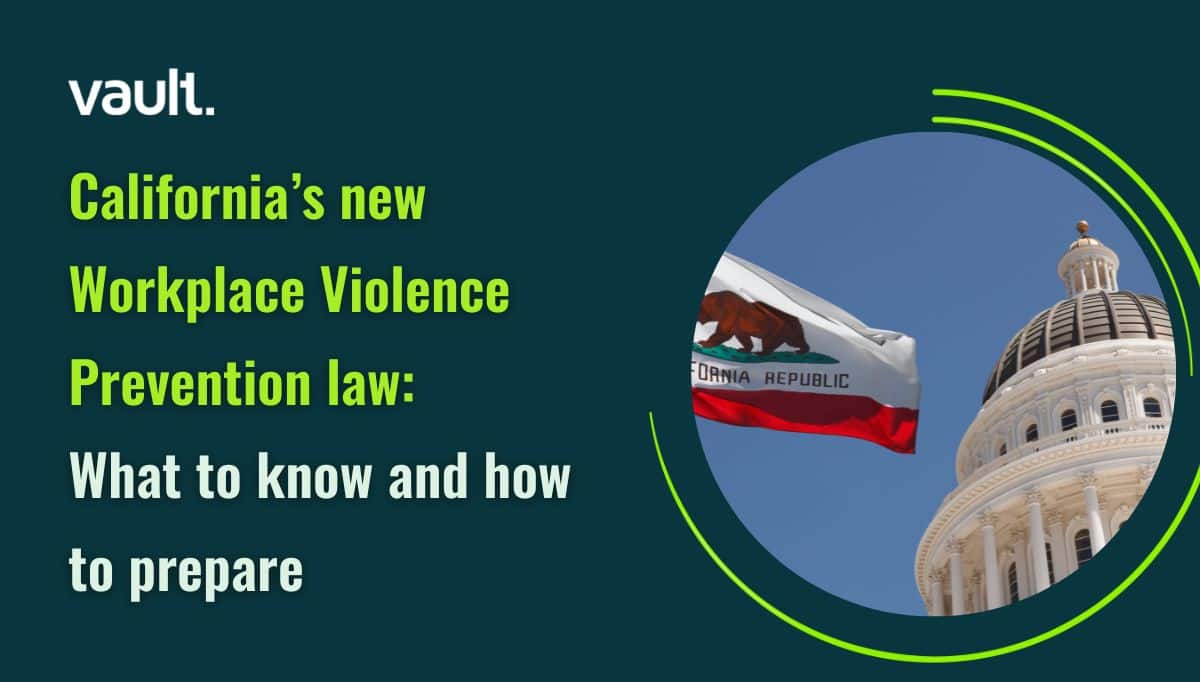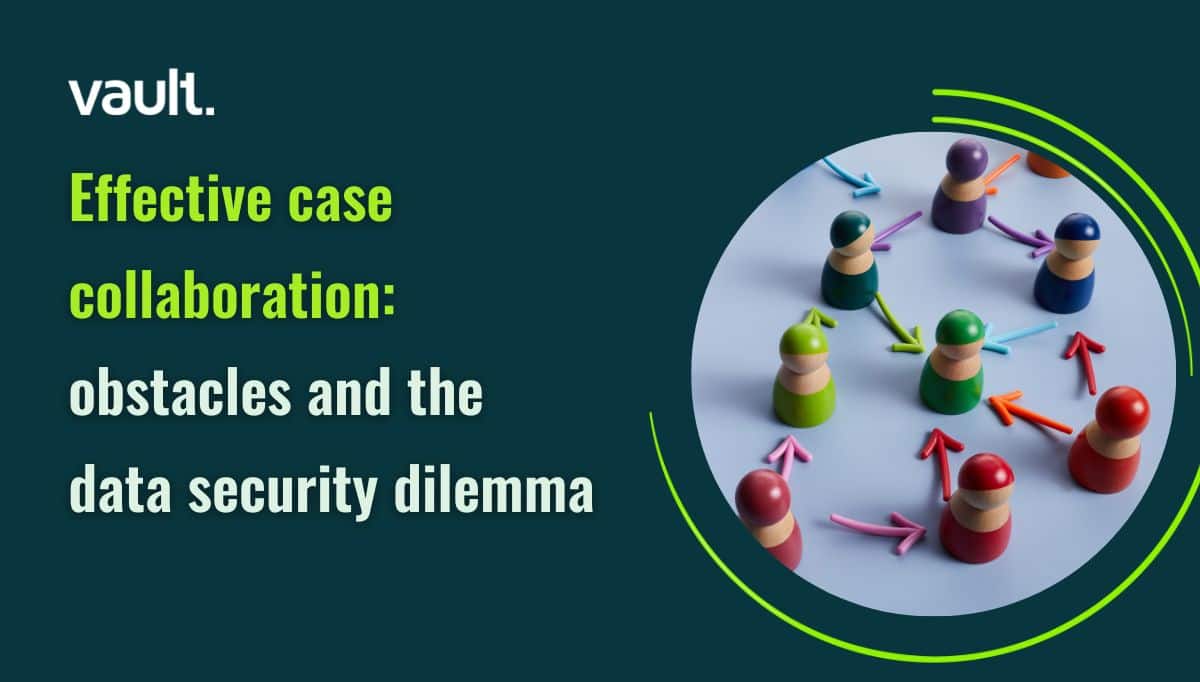
It may come as no surprise to learn that 2020 has been the most stressful year in history for the global workforce, with repercussions of the COVID pandemic negatively affecting the mental health of 78% of workers worldwide.
A study released by Oracle and research house Workplace Intelligence this week found that the majority of employees are suffering from one or more mental health challenges, including more stress (38%), a lack of work-life balance (35%), burnout (25%), depression (25%), and loneliness (14%).
A significant number are also struggling with increased pressure to meet performance standards (42%), and juggling unmanageable workloads (41%).
One of the challenges here, which we’ve written about in a number of recent articles, is that increased pressure on the business makes it tempting for leaders to cut corners with ethics and compliance. On the surface, there might appear to be an opportunity to save money or time but the reality is that it’s a high risk with little reward and it actually increases the risk for your people and your business.
Employees facing more pressure, in tandem with signals from leadership, will be more likely to turn a blind eye to misconduct, or even take the approach that it’s even tolerated and engage in it themselves. This can be a time bomb for a business and quickly makes things worse.
As the Oracle study shows, 42% of respondents said workplace stress, anxiety, or depression causes their productivity to plummet and 40% said it leads to an increase in poor decision-making. Both of these can cost a business in the long term.
Historically, a toxic environment such as this can also be very difficult to reverse, at least with legacy approaches. We recently wrote about the “culture of tolerance” for rule-breaking at the German car manufacturer Volkswagen that allowed its emissions scandal to continue for a decade. When the time came to rectify the problem, when employees were asked to come forward with information, Volkswagen relied on a hotline. The problem, as the Board identified, was that the whistleblower hotline wasn’t very employee-friendly, as it only accommodated two main languages—German and English, for a global enterprise with more than 600,000 people—and employees often had to wait 20 minutes in a queue to leave a tip.
If trust between employer and employees is already gone, an approach like this does little to move the needle.
The Oracle study identified a clear trend in employees asking for technological solutions to help address mental health. With so much stigma still attached to mental health, it’s often difficult to ask a person for fear of identifying yourself.
This resonates with some of the work we’ve been doing with customers recently to help them expose other resources they have invested in for employees, including those that support mental health.
We’ve had customers using the Vault App for employees to discretely and anonymously inquire if there are resources for mental health support, or domestic violence, or even to raise concerns about their work environment in light of COVID. An app is more accessible and feels less daunting than putting a request in to HR.
As the group head of HR for advertising giant M&C Saatchi explained: just making an app on your phone available to raise concerns or ask questions meant that the process felt like “less of a big deal” than using a hotline or sending an email to HR or the ethics team.
The key is to normalize speaking up at work (or home) as this gives employees “the feeling that we are willing to listen and act and that’s really at the heart of what we are doing in terms of accountability.”
Download our guide to creating an effective speak-up program at work



